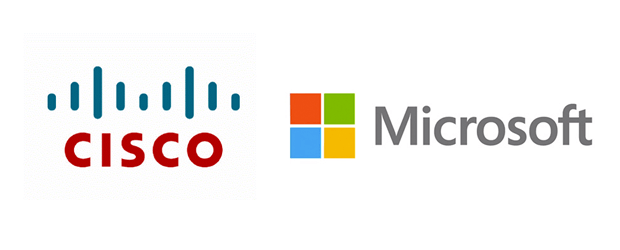The UBC campus in Vancouver is about to get a lot smarter.
Networking vendor Cisco Systems will be collaborating with the University of British Columbia (UBC) on a number of initiatives related to smart energy technologies and converged network solutions. Cisco will be involved in UBC’s Campus as a Living Lab Initiative, which focuses on accelerating the development, demonstration and commercialization of new technologies – in this case, working to create more energy-efficient buildings and identifying ways to reduce UBC’s greenhouse gas emissions and carbon costs.
“Cisco and UBC share a vision of achieving environmental sustainability through the transformational use of smart energy systems such as smarter buildings and communities,” said Pascal Spothelfer, vice-president of communications and community partnership with UBC, in a statement. “This agreement will give us the opportunity to act on this shared vision by using UBC as a living laboratory to provide faculty, students and staff with fantastic learning opportunities and more efficient University operations. The living lab will also aim to define new industry benchmarks and a city-scale demonstration for making communities more sustainable through better efficiency and advanced technologies.”
Cisco said it’s planning an investment of up to $1 million over five years in collaborative projects, drawing on Cisco’s Smart+Connected Communities and Smart+Connected Real Estate initiatives. They’ll look at creating campus-wide smart energy systems that integrate energy generation and supply, the integration of all building systems onto a single converged network, new automation devices using power over Ethernet technology, and the building-scale demonstration of converged network solutions.
“Cisco is committed to exploring opportunities presented by our increasingly connected world in order to enrich lives through the use of innovative technology,” said Cisco Canada president Nitin Kawale, in a statement. “The work done by Cisco and UBC on campus will enable vital energy-saving solutions for the university, and also serve as a roadmap for future smart energy and smart community initiatives not only in Canada, but around the world.”




